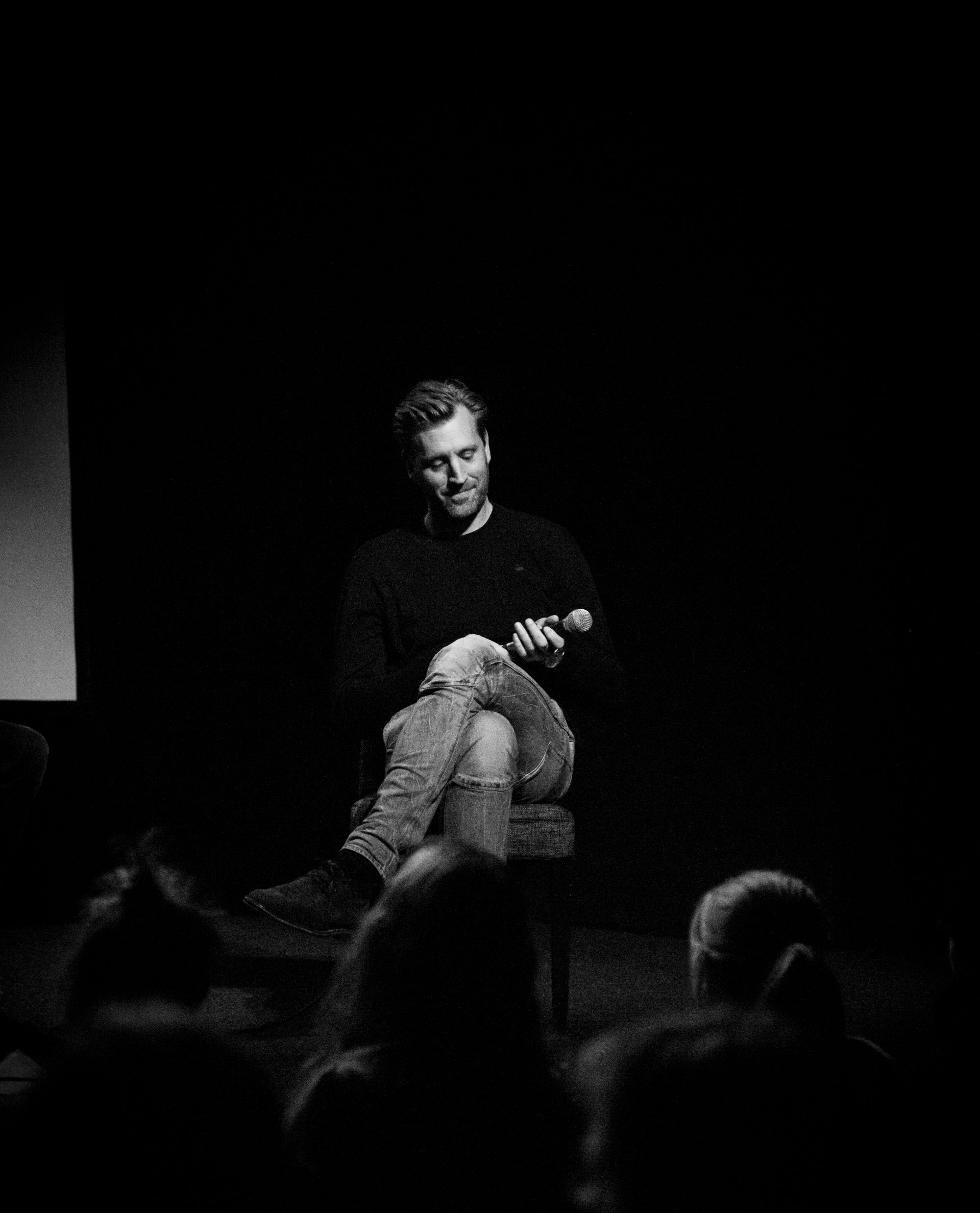As human beings we have a need to categorize and structure the world around us in order to make sense and understand a rather complex contemporary time. Lately I have encountered readings and debates around the distinction between activism and journalism. These have for decades been considered separate entities, rarely collaborating and working together. But nowadays we are many who address these distinctions and critically try to elaborate on how we can move these practices together.
There is a place for activism in journalism. Or maybe activist features rather than proposing an abandonment of journalistic norms and values building on seeking objectivity and transparency. And the latter should be more in focus than the former. We (as in a questionable generalization of the general public) are slowly sharing the notion of objectivity as a utopian notion and ethical marker for journalists to strive for, rather than a reachable and realizable vision. And if we acknowledge this, then where do we draw the line between journalism, activism and other kinds of production and distribution of speech and stories? Is it even necessary to make these distinctions?
Well, yes and no. I firmly believe that there is a place for activism in journalism. This would not mean that journalists are to abandon the professional ideals from which the profession originates. On the contrary. By turning towards the democratic dimensions and fundamental ideas of progression which drives activists, both in political and media spheres, journalism can develop into a natural and integral part of the civic engagement taking place to improve democratic health. This is especially important in countries with greater problem of political accountability, government censorship and oppressed opposition. In many autocratic states, governments define journalism and activism as counterparts. Journalists should support government policies and activists oppose them. And maybe this definition is valid even in more open societies. Not that journalists per definition are to maintain status quo (even if there are arguments for this as well) but that activism is a mean to oppose power and promotes non-democratic methods for doing so.
Therefor there is even a greater need to redefine and integrate these two binaries and discuss how journalistic institutions can decrease the gap between citizens (many engaged in activist movements as the alternative political sphere to some extent engage citizens more extensively than traditional political parties) and the social and political influence of journalism.
After all, journalists are already an important factor in the struggle for press freedom around the world. And as a broader struggle takes place around the media sphere, a struggle for freedom of expression and further demoractization processes (mainly by activist organisations) – journalists should be a more decisive actor in this struggle as well.
Take the example of persecution and threats agains journalists/correspondents around the world. Pleading for basic human rights of these colleagues has become an integral part of the journalist profession and ideal and an important dimension of the discourse surrounding press freedom. But as the boundaries of who is journalist and who is not have been transformed and the distinctions are blurred – who are not a part of this? Should journalists stand up for the greater cause of freedom of speech (including non-journalists and activists) or just come to the defence of own colleagues? As should be obvious, I strongly argue for the former. Bring activists and journalists closer together, not just through conceptual understanding but in practice as well.
This would not mean that the individual journalist looses his or her professional identity and suddenly becomes indistinguishable from social media advocates and bloggers. The question of where to draw the line between journalism and activism should be up to the individual journalist and activist to answer. Government, democratic or not, cannot interfere in this distinction and should be kept away from such attempts.
We live in a global information ecosystem. Journalists, activists, NGO:s, Human Rights-organisations and citizens. Let’s bring nodes in this ecosystem closer together and collaboratively take part of the broader struggle for freedom of speech and other democratic ideals.
